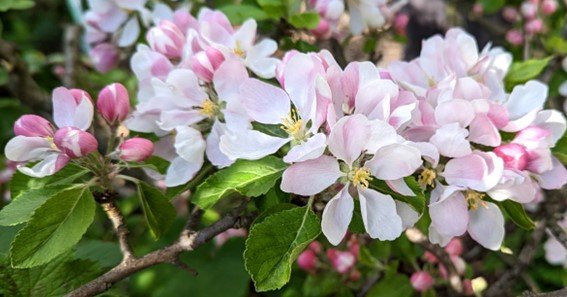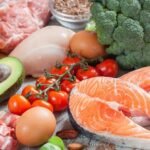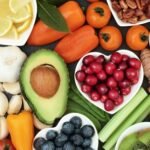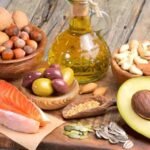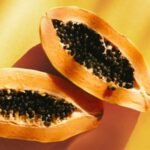Not all flowers turn into fruit. The transformation from flower to fruit is part of a plant’s reproductive process, but it only occurs under specific conditions. Flowers that do produce fruit undergo a process called pollination, where pollen from the male part of the flower (stamen) fertilizes the female part (pistil). Once pollination is successful, the fertilized ovule develops into seeds, and the surrounding tissue of the ovary grows into the fruit.
When Do Flowers Turn into Fruit?
For most plants, flowers will only turn into fruit if pollination and fertilization occur. This means that not all flowers will become fruit-bearing. In some cases, flowers may bloom and wither without fruit production, particularly if pollination doesn’t happen. Other plants, like certain ornamental varieties, produce flowers but no fruit.
There are also parthenocarpic fruits, which form without fertilization. Examples include seedless varieties of bananas, cucumbers, and watermelons. These fruits develop because of specific hormonal triggers within the plant, even though no fertilization has occurred.
Conclusion
While all fruits come from flowers, not all flowers become fruit. Successful pollination and fertilization are essential for fruit formation, except in the case of parthenocarpic fruits, which form without this process.
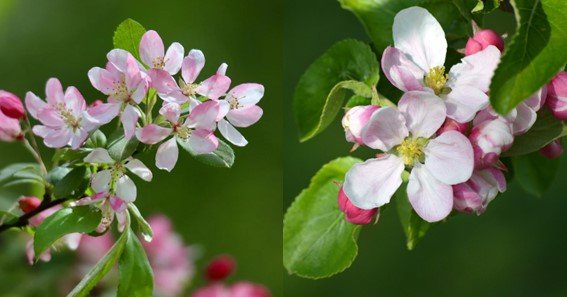
FAQ
- Do all flowers turn into fruit?
No, only flowers that are pollinated and fertilized will develop into fruit. Some flowers bloom and wither without fruit formation. - What happens to flowers that don’t turn into fruit?
If pollination or fertilization fails, the flower will simply die off without producing any fruit or seeds. - What are parthenocarpic fruits?
Parthenocarpic fruits are seedless fruits that develop without fertilization. Examples include bananas and some types of cucumbers. - Why do some flowers need cross-pollination?
Certain plants, like apples, require pollen from a different variety of the same species to successfully produce fruit. - How do hormones affect fruit development?
Plant hormones like auxins and gibberellins play a critical role in fruit formation by promoting cell division and growth after fertilization.
